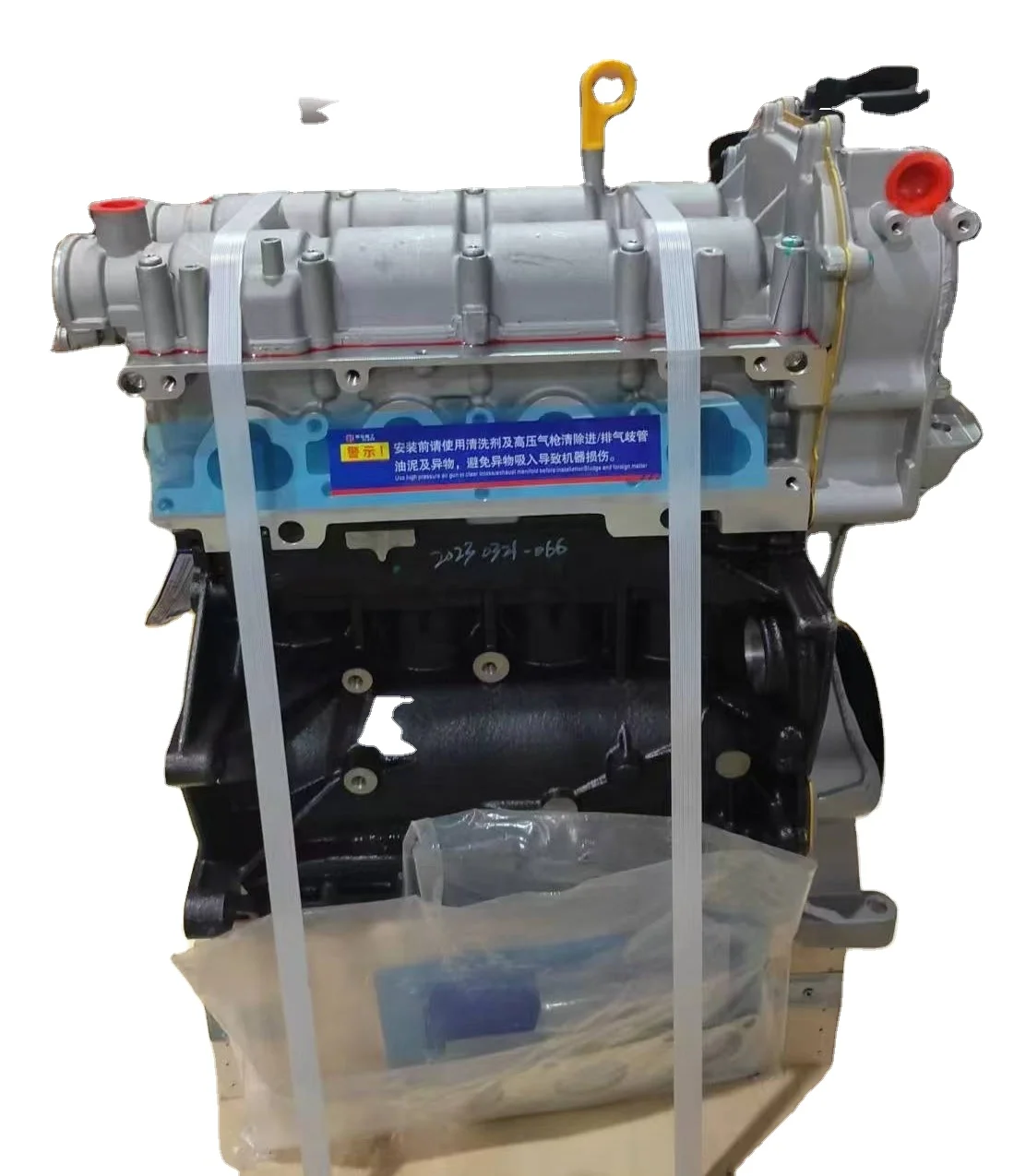Ensure consistent power with a high-performance clp engine.
Ensure consistent power with a high-performance clp engine.
Blog Article
Exactly How a Clp Engine Can Improve Efficiency in Different Industries
The advent of CLP engines notes a significant shift in functional efficiency across various sectors, driven by their ability to optimize gas consumption and minimize downtime. Industries such as production and logistics stand to get substantially from their robust design and consistent power outcome, which promise to simplify operations and boost performance. As organizations increasingly prioritize sustainability alongside efficiency, the duty of CLP engines comes to be much more vital. What remains to be seen is how these developments will shape the future landscape of commercial operations and their effect on wider financial fads (clp engine).
Review of CLP Engines
CLP engines, or Continuous Fluid Propellant engines, stand for a considerable innovation in propulsion innovation, specifically for area applications. These engines make use of a constant feed system that enables the sustained expulsion of propellant, bring about enhanced performance and performance contrasted to traditional strong or hybrid propulsion systems. By preserving a continuous flow of fluid propellant, CLP engines can attain much more specific thrust control, which is important for steering spacecraft in different objective scenarios.
The style of CLP engines integrates sophisticated materials and ingenious fuel management systems. clp engine. This results in lowered weight and enhanced dependability, vital elements for long-duration area goals. In addition, the constant operation minimizes the threat of combustion instability, a typical obstacle in conventional rocket engines.

Benefits in Production
The production of Continual Fluid Propellant (CLP) engines provides numerous notable benefits that boost both efficiency and cost-effectiveness. Among the key advantages is the streamlined production process, which lowers the complexity connected with standard propulsion systems. By making use of liquid propellant, manufacturers can achieve higher precision in engine efficiency, resulting in enhanced power outcome and reduced waste.
Additionally, CLP engines promote a higher degree of modularity, allowing for simpler integration into different manufacturing lines. This adaptability can significantly reduce preparations and enhance overall operational flexibility. Using CLP technology likewise often tends to decrease the need for comprehensive upkeep as a result of less relocating parts, which translates right into minimized downtime and functional costs.

Applications in Logistics
Leveraging Constant Fluid Propellant (CLP) engines in logistics offers significant advantages in operational performance and integrity. These engines give a durable option for different transportation requirements, enabling the smooth activity of items throughout large distances. The intrinsic design of CLP engines permits regular power outcome, which converts into smoother and a lot more foreseeable transportation timetables.
Among the essential applications of CLP engines in logistics is in heavy-duty products transportation, where they can drive both ground and airborne automobiles. Their capability to maintain high performance under differing load problems makes certain that distribution timelines are fulfilled, consequently enhancing customer contentment. In addition, CLP engines can be integrated right into automated logistics systems, helping with real-time tracking and enhancing route preparation.
Moreover, the sturdiness Go Here of CLP engines minimizes upkeep downtime, allowing logistics business to maximize their operational abilities. This is particularly helpful in warehousing procedures, where effectiveness in dealing with and transferring products is vital. As logistics continues to advance, the integration of CLP engines stands for a forward-thinking strategy that not just enhances efficiency however additionally sustains the sector's growing needs for dependability and rate.
Influence On Power Effectiveness
Exactly How do Continuous Fluid Propellant (CLP) engines enhance energy effectiveness in transport? CLP engines utilize a regular circulation of fluid gas, optimizing burning procedures and keeping a steady drive outcome. This style minimizes energy losses associated with standard combustion engines, where fuel shipment can differ and cause ineffectiveness.
The constant operation of CLP engines enables for an extra reliable thermal cycle, leading to higher certain impulse contrasted to conventional engines. clp engine. This translates to minimized gas intake for the very same amount of job done, substantially reducing functional expenses across you can try these out numerous transport industries, including aviation and maritime sectors
In addition, the capacity of CLP engines to maintain optimum performance under varying load problems reduces the requirement for regular acceleration and deceleration, additionally improving fuel efficiency. Enhanced power efficiency not just adds to cost financial savings however additionally leads to decrease greenhouse gas emissions, straightening with global sustainability goals.
Future Trends and Innovations
Emerging improvements in Continual Fluid Propellant (CLP) engine technology pledge to change the landscape of transportation performance and sustainability. As markets pivot towards greener alternatives, CLP engines stand at the center, integrating cutting-edge products and layout methods that enhance efficiency while minimizing environmental effect.
Among one of the most appealing patterns is the adoption of hybrid systems that combine CLP engines with renewable resource resources. This synergy can enhance gas intake and reduce discharges, straightening with global sustainability goals. Advancements in computational fluid dynamics why not check here (CFD) are facilitating the layout of more aerodynamically efficient engines, leading to lowered drag and improved fuel efficiency.
In addition, the development of wise monitoring systems is set to enhance functional effectiveness. These systems leverage data analytics and IoT technology to maximize engine efficiency in real-time, guaranteeing that the engines operate within their most efficient parameters.
As research remains to discover alternate propellant solutions-- such as biofuels and synthetic fuels-- the future of CLP engines looks encouraging. By utilizing these advancements, industries can not only boost their performance yet additionally contribute dramatically to a cleaner, much more lasting future in transportation.
Verdict
To conclude, CLP engines stand for a considerable advancement in efficiency throughout several markets. Their capability to maximize fuel intake and lower functional prices, integrated with a constant feed system, enhances power result and functional integrity. The assimilation of advanced materials and less moving components lessens upkeep needs, while positioning with sustainability objectives placements CLP engines as a crucial technology for the future. Continued advancement in this field promises more renovations in efficiency and ecological performance.
Report this page